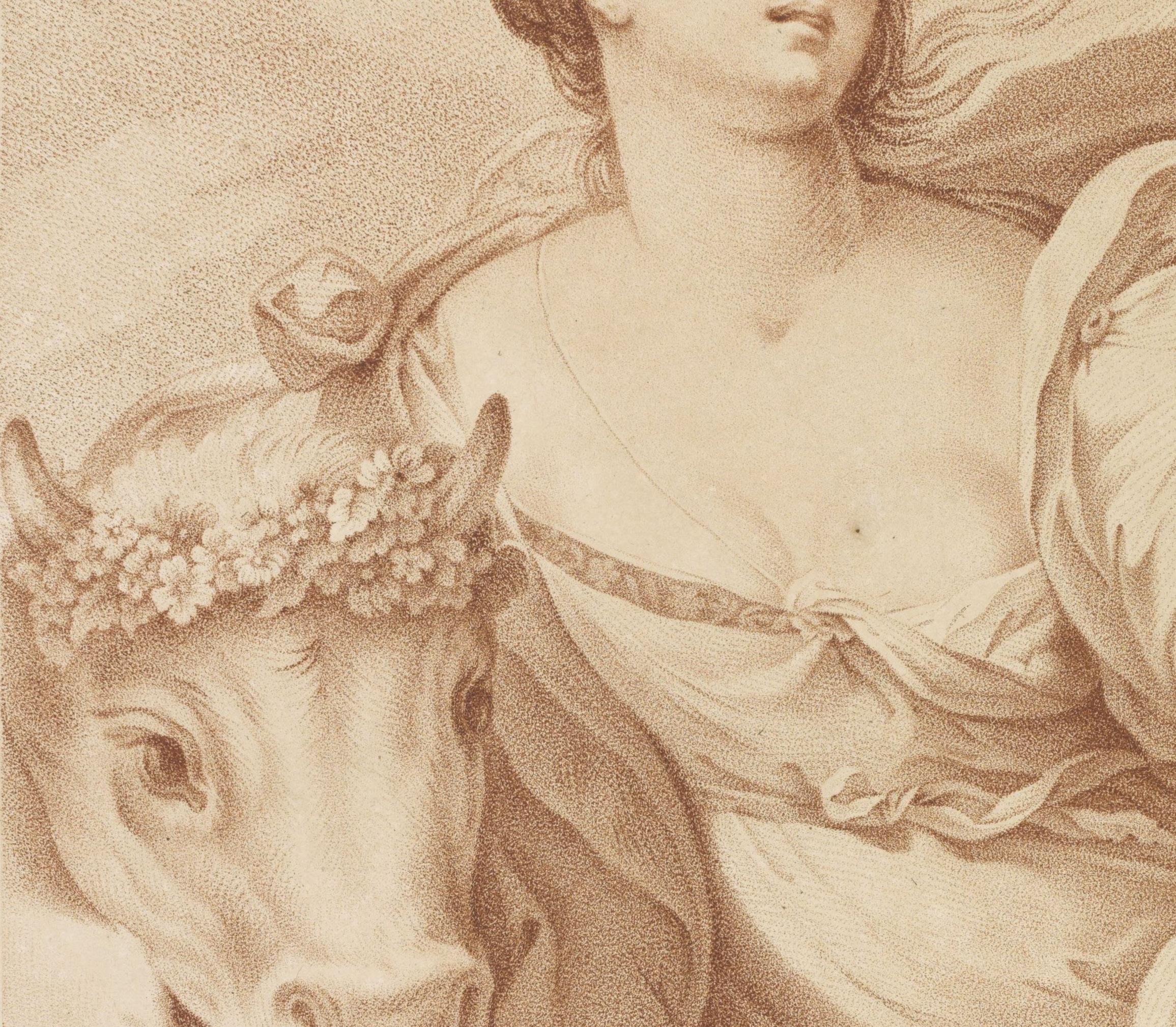
4 minute read
EMBRACING OUR DIVERSITY
European Horizons
Embracing Our Diversity
Advertisement



“It is my great pleasure to introduce the European Horizons members’ submissions to the Europe Day special of Eurovisie. As the 8th May marks a day of the beginning of unity, we are thrilled to have forge a new connection with our fellow European-Enthusiast counterparts at SES on this worthy occasion. Over here at European Horizons we are a student-led policy incubator established in 2017 in Amsterdam. Since, we have formed 10 working groups on policy papers, written weekly news reviews, organised over 6 events and founded the Amsterdam Policy Prize.”
Cameron Kennett, editor-in-chief European Horizons, Amsterdam Chapter
Sofiya-Halyna Tryzub-Cook
People often refer to a “European Culture” similar to what one may call “American Culture”, while in society today, no such unified cultures exist. This European Culture, as such, may have derived from the idea of a united Europe from the numerous European coalitions, businesses, and most notably, the European Union. However, despite having common agendas and alliances, it is important to realize that all European countries differ within their most rudimentary elements — their language, traditions, lifestyles, diet and cultures. Europe geographically borders the Arctic Ocean to the North, with the Mediterranean Sea to the south, Atlantic Ocean to the West and Asia to its East. The continent comprises 50 countries, with at least 24 official languages and 25 currencies, along with the diverse religions, ethnicities, habits and mentalities that are spread across the continent. Indeed, historically speaking, what with the many wars that have plagued Europe and the consistent migrations of various tribes, clans and groups, have all caused European countries to be heavily intertwined with one another. However, today with established nation states, Europe is forevermore diverse.
To better grasp this European diversity from the different perspectives and nationalities, a survey was conducted on the topic. This survey aimed to explore the aspects of what a country within Europe consists of, while also investigating the topic of a “European Culture” and what one means by this. Below you will find extracted responses from participants who conducted within the survey:
What is something you consider to be unique about your country?
“France — Cheese, Wine, the city of love, having it all (the Alps, the countryside, the city)” “Spain — We have a very laidback way of living in the sense that we work to live and don’t live to work. This can be reflected in how late we have lunch and dinner, and in the fact that we are very family-oriented and fond of social interaction. Because Spain has been home to so many different cultures over the years. Additionally, Spain has been home to so many cultures over the years, it has been influenced by all of them and is very diverse in itself. Every region has its own traditions and is completely different to the rest, which I think makes it very special.” “Norway — The hytteculture” “Ukraine — Vyshivanka (Traditional Clothing — embroidery), Traditional peasant folk art, Festivals/Traditions, Food Culture”
“Switzerland — Direct democracy and state mandated internet”
“Portugal — It’s colors” “UK — British Humor”
“Poland — The combination of the Western and Eastern culture due to our central location in Europe” “Netherlands — How the majority of the population speaks quite fluent English (even though it’s a second language)”
What do you believe is a stereotype of your country?
“Spain – That we nap all day and love partying (which I admit may be true)”
“Poland — Heavy drinkers, everyone is very conservative and that Poles emigrate to steal jobs from local people (especially present in the UK)”
“France — Being a snob, rude, eating croissants in a cafe or brasserie. “
“The Netherlands — Cannabis Smokers (weed)”
“UK — Posh”
“Norway — Socially awkward snobs with oil and salmon”
“Ukraine — Are Russians? Always drink vodka… (Not True!)”
“Czech Republic — That we’re nothing more than a post-Soviet satellite state, still very communist, that the people are mean and that we only care about ourselves and beer (not entirely un-
Do you think European Culture is diverse? If yes, how so?
“Different parts of Europe have different histories, which results in differences which are still present and very vivid in many domains. Some cultures are more open, some more reserved; things that are considered normal in one country would be considered odd in another. There are a lot of things that most European Cultures share as well — it is easy to point out differences between generally speaking European culture and e.g. American culture, but different parts of Europe differ significantly from one another.”
“Different European countries have different religions, traditions, languages, whatnot. Indeed, there are certain general overlaps stemming from certain historical overlaps and religions, however, today, the local traditions and celebrations are very diverse as citizens have different approaches to life and lifestyles.” “To sum up, the European culture is made of dozens if not hundreds of regional, national, local cultures. It’s a melting pot inside a melting pot.”
Would you say that there is a vast difference in certain European Cultures? (E.g. The North and South, the East and West) How so?
“I would say so, yes. I think that this is unavoidable when there are such socioeconomic differences, especially between the East and the West. We also have very different historical experiences, such as being on different sides during the Cold War, and I think that history hugely affects culture.”
“I would say that the Mediterranean countries are pretty similar, but they are very different











